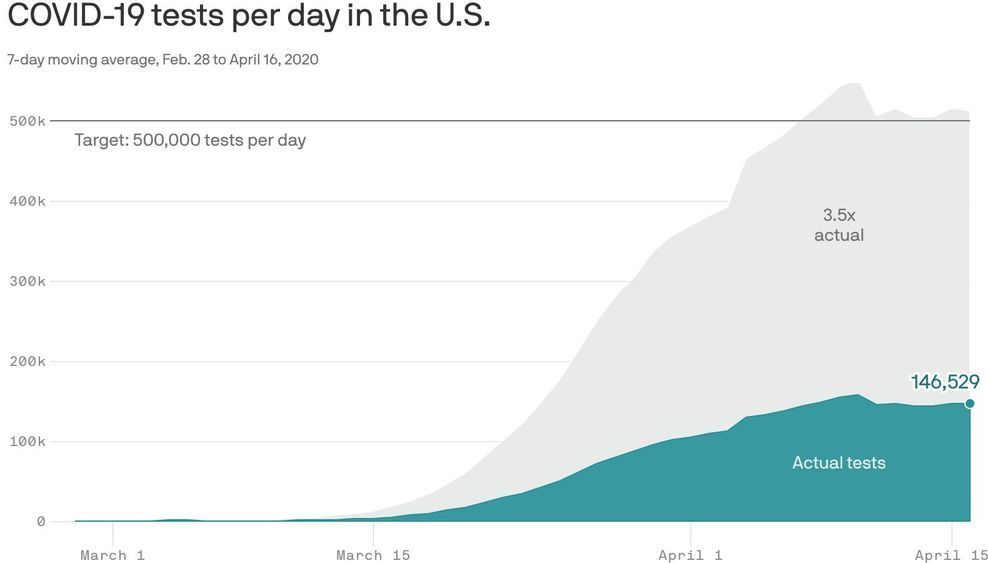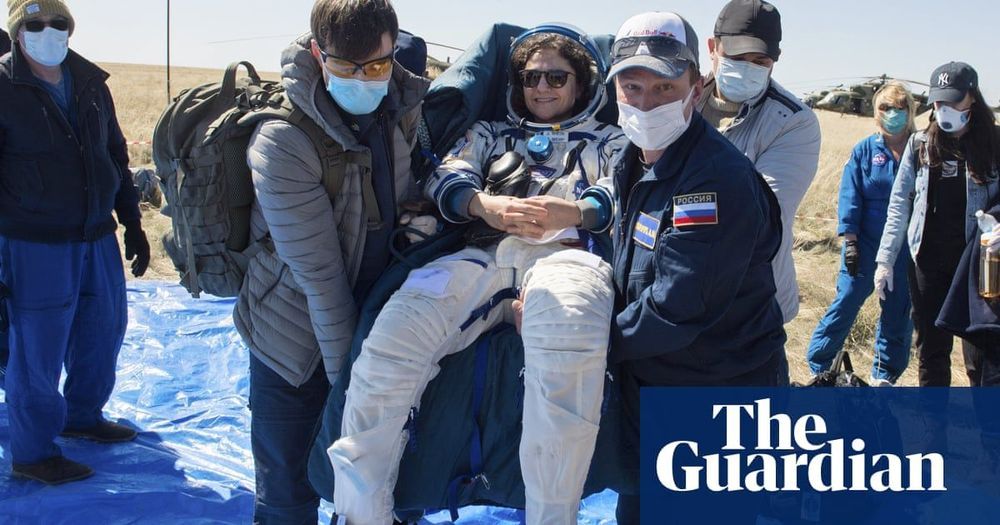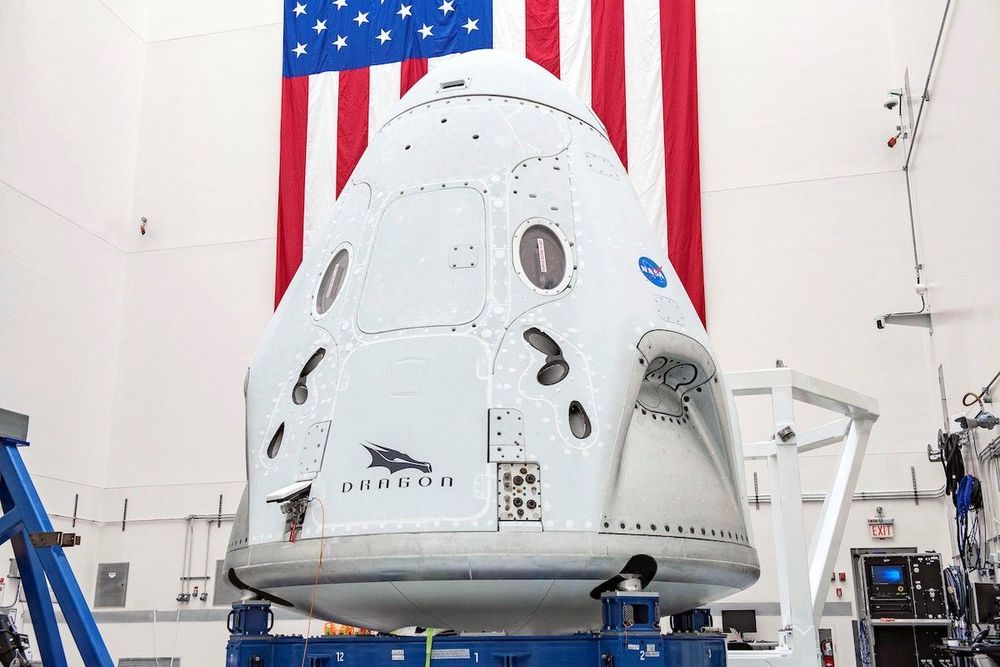Page 7579
Apr 17, 2020
Forecasters predict a very active 2020 Atlantic hurricane season
Posted by Quinn Sena in category: climatology
Warmer ocean temperatures could fuel a very active Atlantic hurricane season, with one forecast predicting 18 named storms, including nine hurricanes.
Apr 17, 2020
Yes the aurora can look that crazy in real life
Posted by Fyodor Rouge in category: futurism
Apr 17, 2020
Life, but not as they knew it: ISS crew return to Earth transformed by Covid-19
Posted by Fyodor Rouge in category: biotech/medical
American and Russian crew touch down in Kazakhstan after months on International Space Station.
Apr 17, 2020
Experimental Realization of Zenneck Type Wave-based Non-Radiative, Non-Coupled Wireless Power Transmission
Posted by Saúl Morales Rodriguéz in category: energy
Apr 17, 2020
NASA, SpaceX set May 27 as target date for first crew launch
Posted by Alberto Lao in category: space travel
A decade in the making, NASA and SpaceX have set May 27 as the target launch date for the first crewed space mission to launch into orbit from U.S. soil since the retirement of the space shuttle in 2011.
NASA astronauts Doug Hurley and Bob Behnken, two veterans of the shuttle program, will ride SpaceX’s Crew Dragon spacecraft into orbit on top of a Falcon 9 rocket from pad 39A at NASA’s Kennedy Space Center in Florida. That’s the same historic launch facility used by the last space shuttle flight.
Liftoff time on May 27 is expected to be around 4:32 p.m. EDT (2032 GMT), when the Earth’s rotation brings the launch pad under the orbital plane of the International Space Station.
Apr 17, 2020
SpaceX, NASA target May 27 for 1st Crew Dragon test flight with astronauts
Posted by Genevieve Klien in category: space travel
SpaceX and NASA are targeting May 27 for the first launch of American astronauts into orbit from U.S. soil in nine years. They’ll fly on a Crew Dragon space capsule.
Apr 17, 2020
About the Event 201 exercise
Posted by Tracy R. Atkins in categories: biotech/medical, business, economics, finance, government, health, policy, security
Talk being ahead of the curve;
Event 201 was a 3.5-hour pandemic tabletop exercise that simulated a series of dramatic, scenario-based facilitated discussions, confronting difficult, true-to-life dilemmas associated with response to a hypothetical, but scientifically plausible, pandemic. 15 global business, government, and public health leaders were players in the simulation exercise that highlighted unresolved real-world policy and economic issues that could be solved with sufficient political will, financial investment, and attention now and in the future.
The exercise consisted of pre-recorded news broadcasts, live “staff” briefings, and moderated discussions on specific topics. These issues were carefully designed in a compelling narrative that educated the participants and the audience.
Apr 17, 2020
Discovery of T cells response spectrum could new shed light on immune diseases
Posted by Xavier Rosseel in category: biotech/medical
The discovery that immune T cells have a spectrum of responsiveness could shed light on how our immune system responds to infections and cancer, and what goes wrong in immune diseases. Researchers at the Wellcome Sanger Institute, Open Targets, Biogen, GSK and their collaborators found that T cells responded very differently to immune signals the more ‘training’ they had been exposed to, rather than being a simple switch from naïve to experienced. This could help guide research into finding drug targets for immune diseases such as asthma and rheumatoid arthritis.
Today’s study (14th April), published in Nature Communications, also revealed that even highly trained memory T cells are less rigidly specialized than previously thought, and are able to respond to new immune signals. This has implications for immune research, and could help understand for example how the body responds to infections.
T cells are key white blood cells that fight infection and disease, and act like police directing the immune system response. Babies are born with inexperienced — naïve — T cells, which change as they come into contact with bacteria or viruses, to create specific memory T cells that can ‘remember’ fighting against these infections. These memory T cells can then react more quickly the next time they meet the same threat, telling the immune system to remove the infection rapidly. This is how vaccination protects against disease, by delivering a safe form of an invading virus or bacterium, to train our immune system by building up specific memory T cells.


















